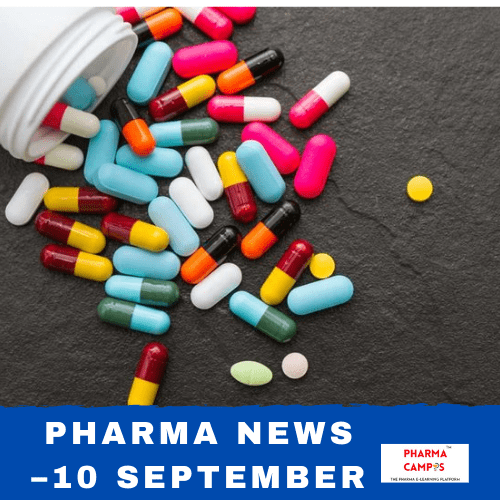1.Cipla and Optimus Pharma receive permission to conduct phase 4 clinical trials for testing the efficacy of Favipiravir :
Pharma news – 10 September: Cipla and Optimus Pharma have recently submitted proposals for conducting phase 4 clinical trials of Favipiravir in India. These proposals were reviewed and approved by a Subject expert committee (SEC) on 2 September 2020. BDR Pharma has also submitted a similar proposal, but the SEC has requested a revised proposal from this company.
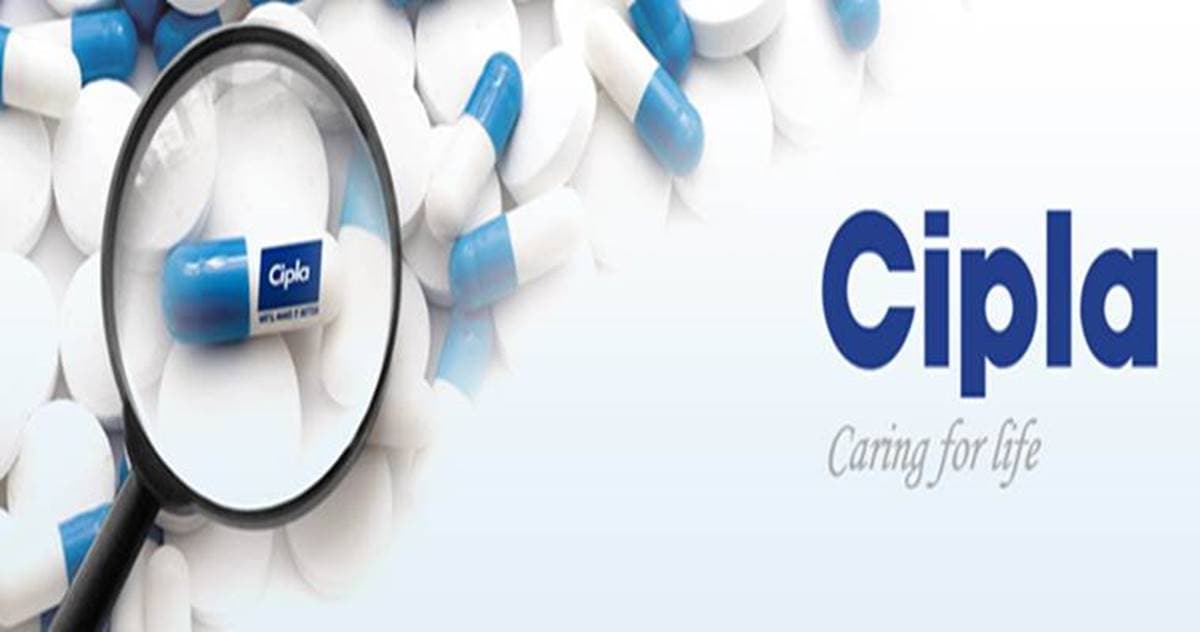
The SEC advises DCGI[1] on applications seeking approvals for new drugs, vaccines and clinical trials for Covid-19.
Favipiravir is an antiviral drug that was developed in Japan and used for treating influenza patients. Currently, it is on the radar for treating Covid-19 along with the Ebola drug Remdesivir.

As per CDSCO[2], the panel has asked the two companies to compare the results of phase 4 studies with the already available literature. This is believed to be useful in proving the efficacy of Favipiravir in Covid-19 patients.
The CDSCO is led by the DCGI and the DCGI has the authority to approve the trials.
In June 2020, Glenmark launched Favipiravir in the Indian market for the first time. This drug firm was also the first company to complete the phase 3 trials of Favipiravir.
The panel has also stated certain conditions that must be followed by the two companies. It has specifically asked the drug firms to call this a “Phase IV clinical trial” and not a “study”. This is to emphasize that the drug is already available in the market and is being used by the patients. The follow-up period is also set at 28 days instead of the usual 21 days. The clinical improvement of the patient and the safety of the drug will be the primary objectives of the trial. Secondary objectives are restricted to mortality, disease progression and viral clearance. These must be noted on 4, 7, 14 days or at hospital discharge.

In July 2020, a clinical study of Avigan (Favipiravir) conducted on early state Covid-19 patients failed to show any significant effect. The Japanese university that conducted this study has also added that there was no remarkable difference in the effectiveness of the drug. This was deduced after comparing the effectiveness in patients who took the drug at the initial stages versus the ones who took it at a later stage. One professor has also claimed that Favipiravir has the tendency to reduce fever or eradicate the virus in Covid-19 patients. But this is not statistically significant as the study was conducted on a small group of 89 patients only.
Abbreviation : 1. Drugs Controller General of India
Central Drugs Standard Control Organization
2.Indian government announces all-clear for 3 drug cocktails that were banned as a part of the first crackdown :
Pharma news – 10 September: On 8 September 2020, the DCGI[1] announced the all-clear status of three drug cocktails that were banned in 2007. This was informed to the state-level health authorities and the Union Health Ministry by an official letter.
As per the DTAB[2] panel conducted on 29 July 2020, three more FDCs[3] was considered rational from the 296 FDCs that were banned in 2007.
The three FDCs include a hypertension medicine, a medicine for neuropathic pain, and one for nutritional deficiencies. The FDC of the hypertension medicine is Losartan, Atenolol and Hydrochlorthiazide. The FDC of the neuropathic pain drug cocktail contains duloxetine and methylcobalamine. And that of the one used for nutritional deficiencies comprises methylcobalamin, vitamin B6 and folic acid.
FDCs generally combine more than one drug in a single pill for ease of compliance. It is also done when the advantages of the combination surpass that of the single drug.
The 3 drug cocktails have been banned for around 13 years. The top manufacturers of these drugs are Sun Pharma, Torrent Pharma and Wockhardt.
These drugs were banned as part of the government’s first crackdown on 27 November 2007. However, this has been controversial as drugmakers had received a stay for this order from the Madras High court back then. This case is still ongoing in the Supreme court.

With this clearance, a total of around 86 FDCs have now been removed from the banned list and categorized as “rational”. An FDC is considered rational when the combination is proved to be more advantageous than the single-compound drug.
Abbreviation : 1. Drugs Controller General of India
2. Drugs Technical Advisory Board
- Fixed-dose combinations
3. AstraZeneca temporarily pauses the clinical trials of its Covid-19 vaccine due to unexplained illness in a volunteer :
Pharma news – 10 September: On 8 September 2020, AstraZeneca announced its decision to “voluntarily pause” a randomized clinical trial of its Covid-19 vaccine. This was due to an unexplained illness developed in a volunteer post the trial.

The spokesperson of the company has claimed that this was done to review the safety data of the vaccine by an independent committee. He further added that this measure is a routine activity that is taken whenever such a situation arises.
The drug firm is developing this vaccine together with Oxford University and is currently in the late-stage phase 3 trials. It had begun to recruit around 30,000 volunteers across dozens of sites in the US[1] alone on 31 August 2020.
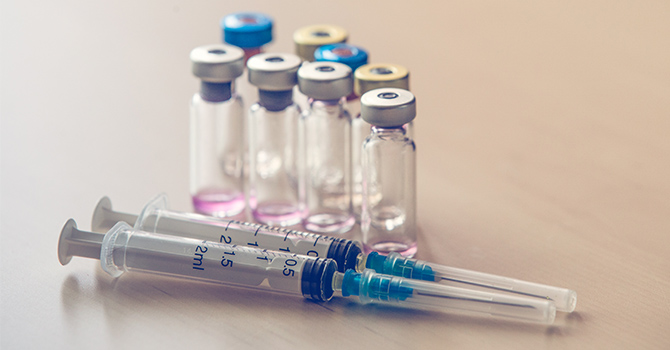
The vaccine is called AZD1222 and is a weakened version of the common cold causing adenovirus. It codes for the spike protein that the novel coronavirus uses for invading host cells. Following vaccination, this protein is produced in the body. It then stimulates the immune system the coronavirus when the person gets infected later on.
Abbreviation : 1. United States
- References :
- [1] – The Print – 8 September 2020
- [2] – The Print – 9 September 2020
- [3] – NDTV – 9 September 2020
- Pharma News – 23.01.2023 to 29.01.2023
 Mankind Pharma invests in Actimed Therapeutics to support the latter’s development of treatment for cancer cachexia. On 23 January 2023, …
Mankind Pharma invests in Actimed Therapeutics to support the latter’s development of treatment for cancer cachexia. On 23 January 2023, … - Lupin issues nationwide recall of Clobetasol propionate cream.
 On 4 February 2023, Lupin announced the recall of Clobetasol propionate cream over quality issues. As per the USFDA [1], the pharma …
On 4 February 2023, Lupin announced the recall of Clobetasol propionate cream over quality issues. As per the USFDA [1], the pharma …Lupin issues nationwide recall of Clobetasol propionate cream. Read More »
- Global Pharma Healthcare recalls Artificial Tears Lubricant eye drops.
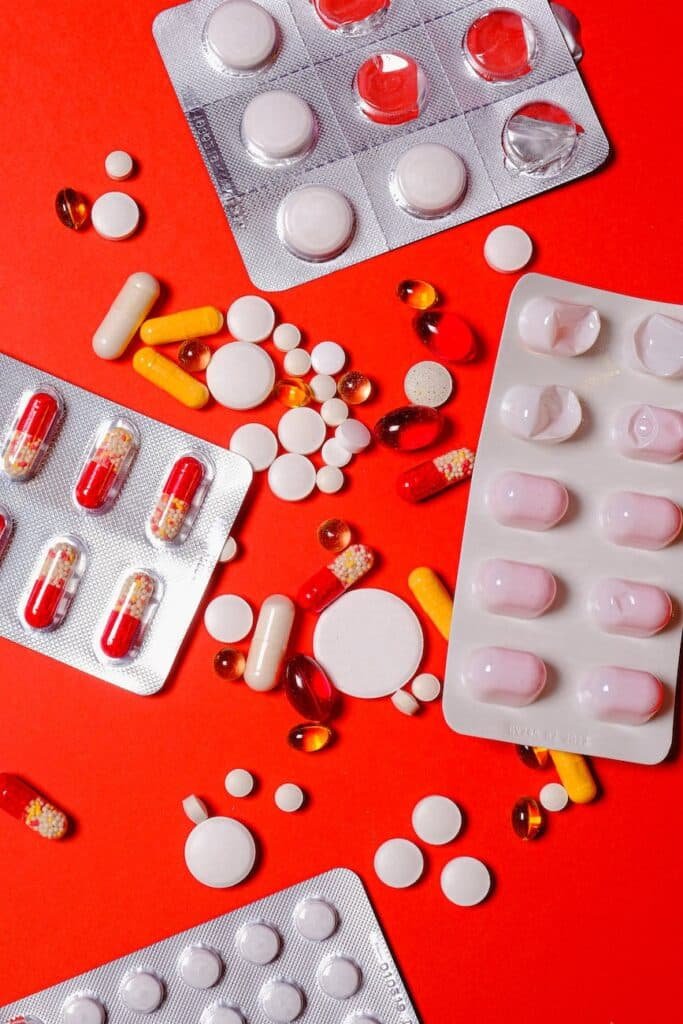 The USFDA[1] has revealed that Global Pharma Healthcare recalls all the batches of artificial tears lubricant eye drops from the …
The USFDA[1] has revealed that Global Pharma Healthcare recalls all the batches of artificial tears lubricant eye drops from the …Global Pharma Healthcare recalls Artificial Tears Lubricant eye drops. Read More »
- Milestones in Cancer Research and DiscoveryCancer research and discovery is the process of uncovering new information about cancer and how it can be treated. This …
- OAI notice for Torrent Pharma Indrad facility
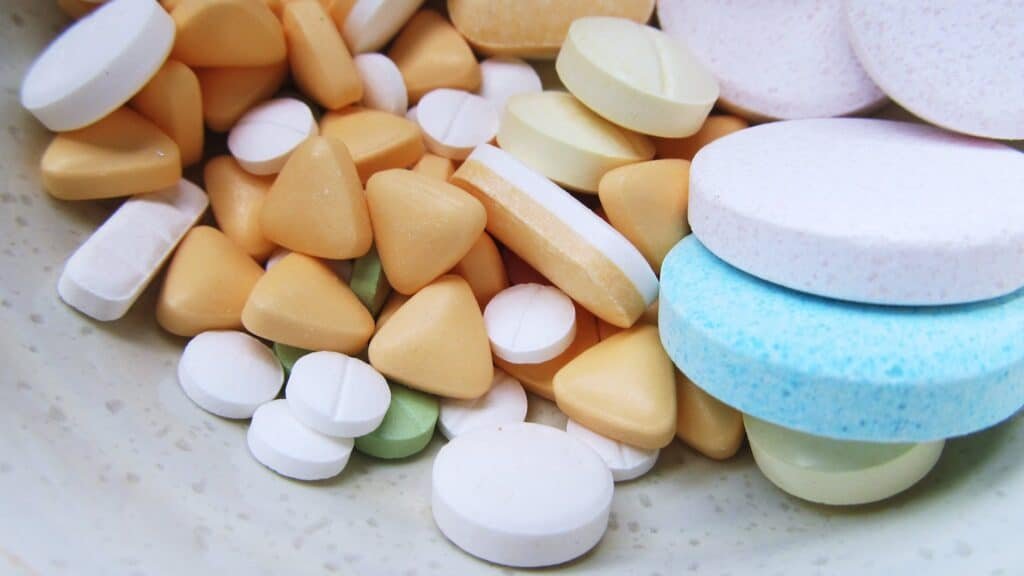 USFDA issues OAI notice for Torrent Pharma’s Indrad facility in Gujarat.In response to this notice, Torrent Pharma has clarified that …
USFDA issues OAI notice for Torrent Pharma’s Indrad facility in Gujarat.In response to this notice, Torrent Pharma has clarified that … - Cancer Cachexia: Mankind Pharma’s association with Actimed Therapeutics
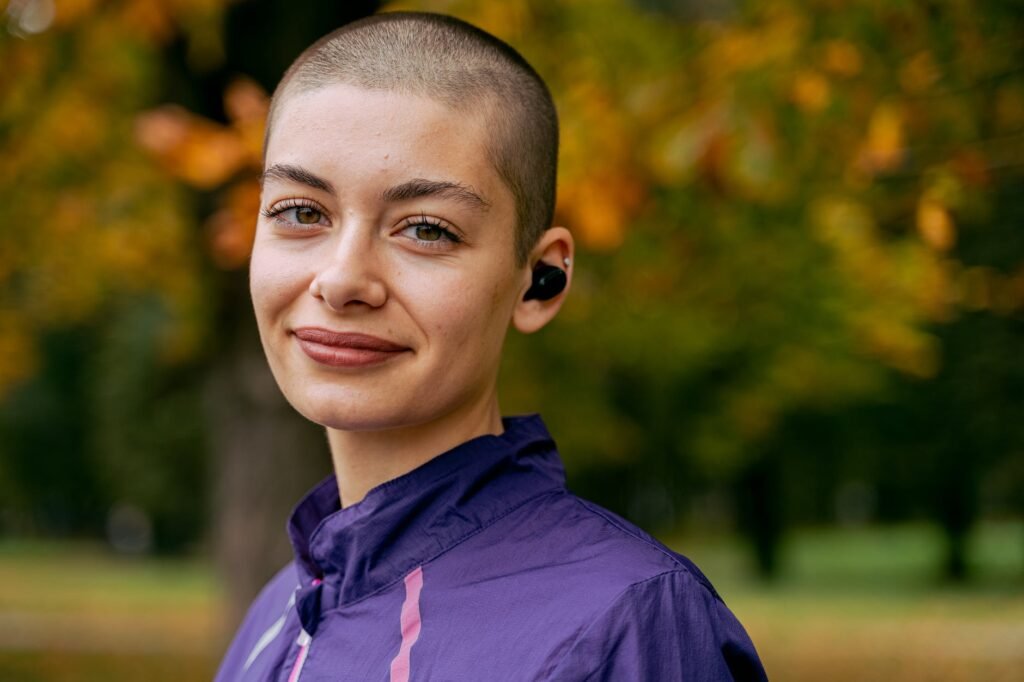 On 23 January 2023, Mankind Pharma announced its move to invest in the UK-based clinical-stage specialty pharma company Actimed Therapeutics. …
On 23 January 2023, Mankind Pharma announced its move to invest in the UK-based clinical-stage specialty pharma company Actimed Therapeutics. …Cancer Cachexia: Mankind Pharma’s association with Actimed Therapeutics Read More »

